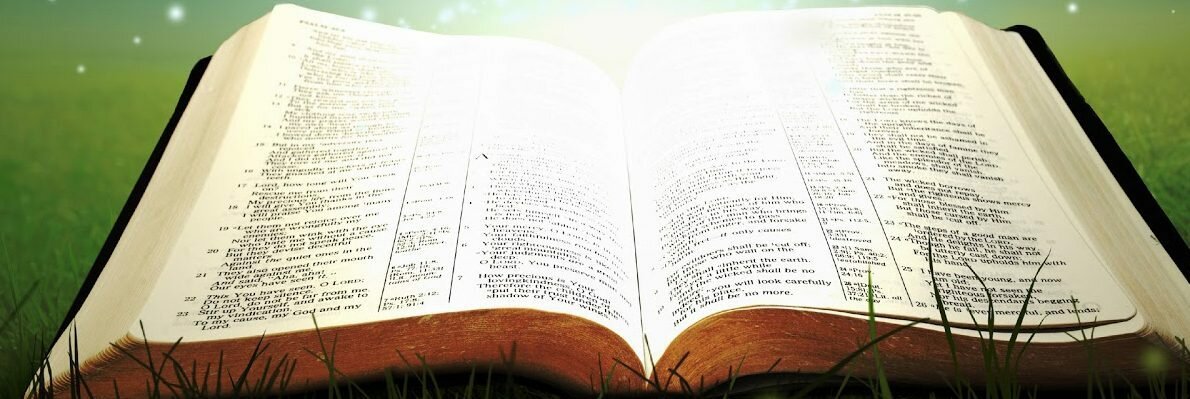What is the Baptism of Fire?
John the Baptist made reference to the “baptism of fire” in Matthew 3:11, “I baptize you with water for repentance, but he who is coming after me is mightier than I, whose sandals I am not worthy to carry. He will baptize you with the Holy Spirit and fire.” (see also Luke 3:16). Some preach and pray for people to receive the “baptism of fire” today and believe it to be something desired. However, the context of the passage clearly shows the baptism of fire is not that which anyone should desire, but rather seek to avoid!
In the context, John is discussing two kinds of fruit: good and bad. “. . . Even now the axe is laid to the root of the trees. Every tree therefore that does not bear good fruit is cut down and thrown into the fire.” (Matthew 3:10). Likewise in verse 12 he discusses two kinds of fruit: wheat and chaff. “His winnowing fork is in his hand, and he will clear his threshing floor and gather his wheat into the barn, but the chaff he will burn with unquenchable fire.”
The two figures used in verse 10 and 12 clearly represent the two kinds of people in John’s audience. He separates the good from the bad, the wheat from the chaff, the righteous from the wicked. Not everyone in his audience would receive the “baptism of fire” but some would. Nor would everyone in his audience receive the “baptism of the Holy Spirit” but some would. The baptism of the Holy Spirit was fulfilled with the twelve apostles (Acts 2:1-4) and the household of Cornelius (Acts 10:44; 11:15). There is no record of it being received by anyone else. The baptism of fire will be received by the wicked – those who “know not God” and “obey not the gospel” (II Thessalonians 1:7-9).
Some, however, believe the apostles received the baptism of fire when “. . .divided tongues as of fire appeared to them and rested on each one of them.” (Acts 2:3). But, there is no “baptism of fire” in this verse because these “tongues” were not “fire” but “as of fire”. And, they were not immersed in fire, it merely “rested on each of them”.
It is clearly the wicked who receive the “baptism of fire” by God’s divine wrath which ends with unquenchable fire in the final judgment. The parable of the tares vividly describes the Lord separating the good from the bad. He will take the wicked “and throw them into the fiery furnace. In that place there will be weeping and gnashing of teeth.” (Matthew 13:42). Some punishment is described as a “baptism of fire.” Surely no one would desire such a dreadful event.
